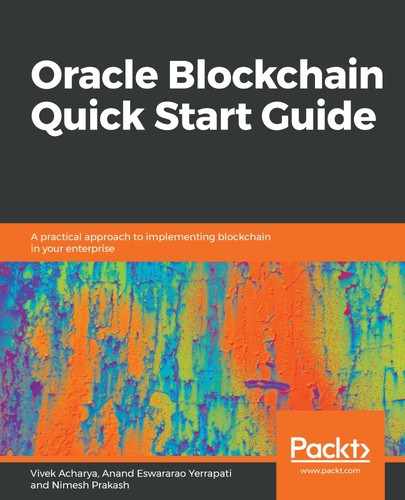Real properties are recorded and maintained by governments, mostly at the local government level. For example, a country assessor is responsible for recording and maintaining the country's property records. Although a few countries are digitized, many countries still use traditional methods and rely on a paper-based system. More or less, recording results in legal title ownership, recording of the transaction, and checking unlawful disposal. Essentially, the record is proof of legal ownership of the title. In this recording process, the government is the trusted authority which maintains property records, assesses its values, and collects taxes. As a trusted central authority, the government body offers trust and advocates transparency. In addition, the government's central authority also offers a procedure to recognize the property rights, secure documents, display property rights as public records for transparency, and offer seamless methods to transfer ownership of these rights and records transfer transactions. In a nutshell, the public looks for records and rights maintenance, the transference of titles and rights, and the records of transfer transactions and trust.
Doesn't this sound like an effective use case that can be addressed though blockchain? In fact, many local and international governments have started adopting blockchain to digitally record land title records on blockchain. It helps in many ways, such as transparency, protecting records, checking fraudulent transfers, and recording transfers. This use case covers a simple blockchain solution for real property registry, assessment, and listing.
